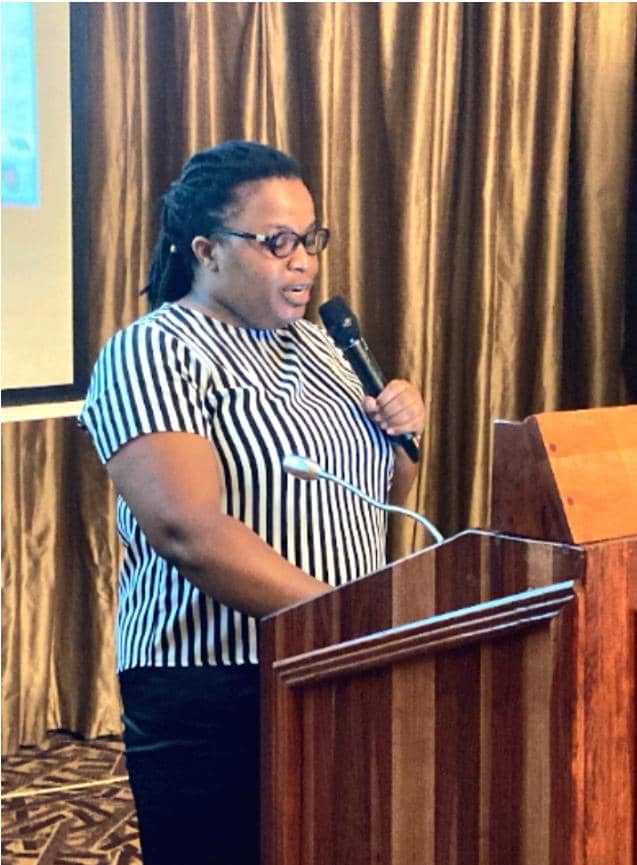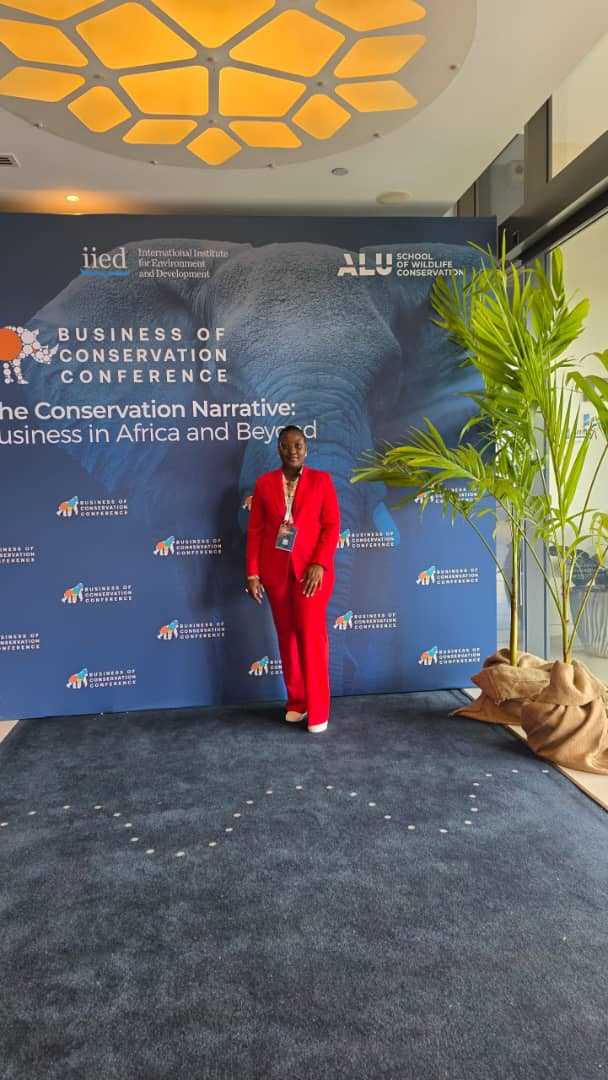
MUNYARADZI BLESSING DOMA
Zim Now Writer
Globally women and girls are disproportionally affected by care work as they spend 2.5 times more hours per day working, which buttresses the need for recognition of this sector; Portia Kurima, Programme and Policy Manager-Gender Justice at Oxfam has said.
Kurima revealed this during the second-year commemorations of the International Day of Care and Support in Harare on Tuesday.
This year’s theme is “Transforming Care Systems: Achieving the SDG Goals in the context of Beijing +30”
According to the International Labour Organisation, care work consists of two overlapping activities: direct, personal and relational care activities, such as feeding a baby or nursing an ill partner; and indirect care activities, such cooking and cleaning. Unpaid care work is care work provided without a monetary reward by unpaid carers.”
“Everyone needs care, including all of us in this room but care work is usually invisible, unpaid yet it sustains families, communities and whole economies.
“By the numbers; investing in care can potentially create 300 million jobs by 2035 which is testament to how big the care economy is, thus it can’t be ignored.
“Globally women and girls spend 2.5 times more hours per day on unpaid care work than men which buttresses the need for recognition of the sector.
“Two thirds of all workers in the care sector are women which emphasizes the need for gender equality in the care economy.
“As we go about our business today, may we have these numbers at the back of our minds as we seek to transform the care economy,” said Kurima.
Zimbabwe Gender Commission Chairperson, Commissioner Margaret Mukahanana-Sangarwe in a speech read on her behalf, said the commemorations were meant to acknowledge the invaluable contributions of caregivers worldwide.
“We recognize the disproportionate burden of care work borne by women and girls, and the systemic barriers that perpetuate inequality. Commemorating International Day of Care and Support is crucial for several reasons.
“Raises Awareness; recognizes caregivers’ contributions, highlights the vital role caregivers play in supporting family members, friends, and communities.
“Draws attention to care work challenges: sheds light on the physical, emotional, and financial struggles caregivers face,” said Commissioner Mukahanana-Sangarwe.
Commissioner Mukahanana-Sangarwe further revealed that the desire to promote gender equality resonates with their mandate, as it addresses disproportionate care burden: acknowledges women’s and girls’ disproportionate share of care responsibilities and challenges harmful gender stereotypes: encourages men’s involvement in care work and promotes shared responsibilities.
“Our presence here as the ZGC not only attaches the importance of this occasion but also signifies the need for advocating for policy changes which I hope today you will devote more time and thought to.
“Informing policy reforms: informs policymakers about caregivers’ needs and advocates for supportive legislation.
Related Stories
“Social protection and benefits: push for policies providing financial support, paid leave, and social security.
“Supports caregivers’ well-being, reduces caregiver burnout: encourages self-care, respite services, and mental health support.
“Fosters community engagement: builds connections among caregivers, reducing isolation.
“Valuing care work: recognizes care work’s economic value, contributing to GDP, investing in care infrastructure: Supports development of care services, creating jobs,” she added.
“Global recognition: unites Zimbabwe with other nations in acknowledging caregivers’ importance.
“Shared learning: facilitates exchange of best practices, research, and innovative solutions, amplifies caregivers’ voices, mobilizes action for supportive policies, fosters a culture of care and empathy, advances gender equality and social justice.”
She added that the ZGC is committed to addressing the intersectional challenges faced by caregivers, particularly those marginalized by gender, race, disability, and socioeconomic status.
Commissioner Mukahanana-Sangarwe added that to achieve transformative change, there was need to “recognize, reduce, and redistribute care work, promote policy reforms for paid family leave, childcare support and social protection.
“Challenge harmful gender stereotypes and norms, foster inclusive, accessible, and affordable care services.
“And through this policy dialogue, we would like to contribute to; amplify caregivers’ voices and experiences, share best practices and innovative solutions, forge strategic partnerships for collective action.
“Together, let’s advance gender equality, challenge unjust care systems, and build a more empathetic, inclusive world,” she said.
Sitabile Dewa, Director of Women’s Academy for Leadership and Political Excellence said they will be going to Kenya with the Mayors of Bulawayo and Harare to see what that country had done in terms of constructing nursing homes at market places.
She said the construction of nursing homes helps to ensure informal traders don’t take children to uninhabitable places.
Dewa further revealed that it was important to have policy makers understand the dynamics around unpaid care and domestic work, further reiterating that there was need to engage all relevant stakeholders.
Regis Mtutu, Women’s Rights and Gender Justice Coordinator at Oxfam revealed that “ideally we want to raise the profile and the visibility of care work which is often invisible and also undervalued because most of the work is done by women and girls.”
Mtutu added that to raise awareness on the issue they had started with a podcast which was on conversations on care work.
He also paid tribute to several stakeholders who will help amplify this issue which he says goes a long way the lessen the burden of care work on women and children.
“We have also worked with Parliament a few years ago, we have actually had an inquiry in unpaid care work.
“We now need to step up and scale up and actually have policies so during the16 Days of Activism we shall continue with this campaign, the Right to Care, so that we continue to have this issue as a topical issue as an issue that in everyday conversation, at policy level, at institution level, at community and the household level we discuss this.”




















Leave Comments